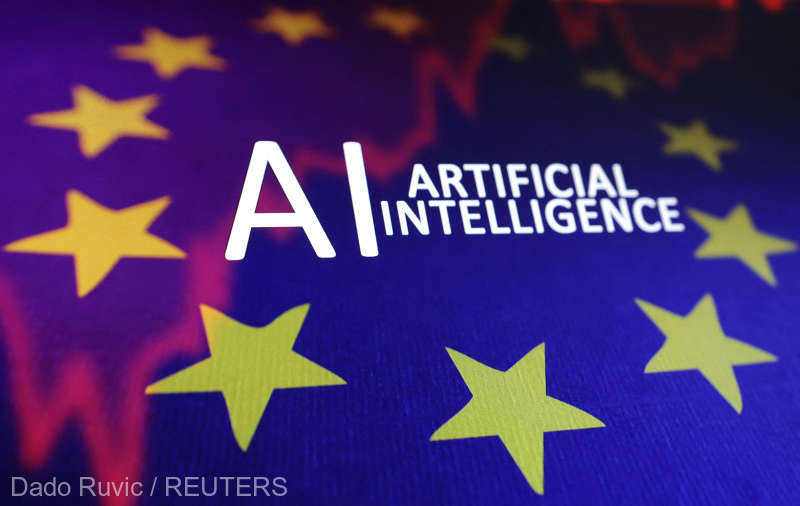Prague – In 20 days, that is on August 2, the European regulation on artificial intelligence, the so-called AI Act, will come into effect. It was published in the Official Journal of the EU today and the twenty-day period for its validity has begun. Companies and authorities will then have two years to prepare for the moment when the regulation becomes directly binding. Some parts of the regulation concerning prohibited AI will be enforceable after six months. This is derived from the wording of the published law and expert statements.
From the perspective of companies and the whole Czech Republic, according to Lukas Benzl, director of the Czech AI Association, this is the start of a more than busy schedule of obligations for the coming months. From February 2, 2025, general provisions and prohibited practices in artificial intelligence will come into effect, and by August 2, 2025, member states must establish notifying authorities and designate notifying entities. The regulation will then become fully applicable from August 2, 2026, with the exception of AI systems used as a safety component of a product.
“Although it may seem that there is enough time to prepare, the opposite is true. I would like to urge Czech companies to start preparing for the regulation and the first obligations immediately. For example, in February next year, a provision on employee training in AI literacy will come into effect. The regulation will in some way affect all possible departments of companies, from development to marketing to human resources,” Benzl noted.
According to Adam Hanka, director for AI at Creative Dock, the EU AI Act is trying to set rules for the use of artificial intelligence so that as many people and companies as possible benefit from it, but at the same time minimize its unwanted impact on our society. “The final version of the rules has been known for several months, and many companies are already preparing for the new rules, and those that are not should start immediately. Otherwise, their competitiveness may decrease,” Hanka said.
“Let us also recall that it is good that the EU has taken on the setting of the framework for AI on the old continent. No European country is strong enough to impose its own AI regulation and for its legislation to stand up to the major global players, which include companies like Meta (Facebook), Microsoft or Alphabet (Google), or the newly established OpenAI,” Hanka added.
 go to the original language article
go to the original language article
